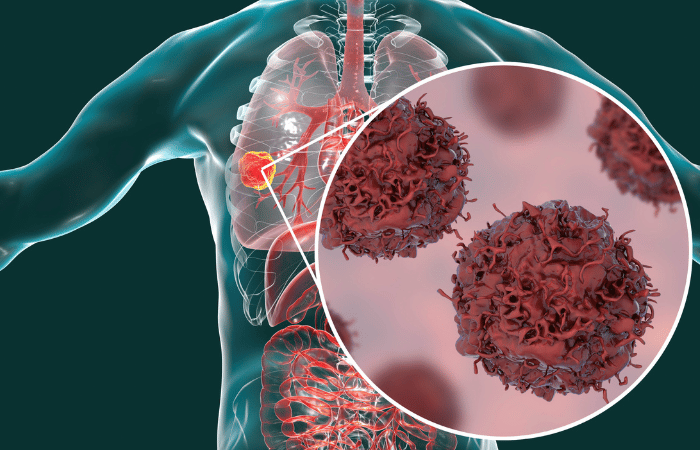July 2021: Check out the latest drugs in the treatment of cancer. Every year, after examining the trials and other important factors, the USFDA approves drugs, and thus cancer patients can now believe that a cure is very near.
In recent years, a lot has happened to change the way the disease is and will be handled. As a consequence, people with cancer and their clinicians have more choices to choose from and more on the way.
Check : Cost of cancer treatment in India
The ability of your cells to evade your immune system is one factor that makes fighting cancer challenging. Your body just doesn’t see them as threats, or it just can’t work to fight them hard enough.
But these cells are “marked” by certain modern immunotherapy drugs, so they are easier to find. These medications can also make the defenses of your body stronger so that they can attack tumors.
This type of treatment is already effective against some types of cancer. Many more medications are in the works.
A type of gene treatment called CAR T-cell therapy has been approved by the FDA. It uses some of your own immune cells to treat your cancer, called T cells. By inserting fresh genes, doctors take the cells out of your blood and change them so they can identify and destroy cancer cells faster.
Check : Cost of CAR T-cell therapy for acute lymphoblastic leukemia (ALL) in Israel
The drug called tisagenlecleucel (Kymriah) is currently approved for the treatment of B-cell acute lymphoblastic leukemia in children and young adults up to 25 years of age who have not progressed with other therapies. But for adults and other forms of cancer, scientists are working on a variant of CAR T-cell therapy.
Tisagenleucel and axicabtagene (Yescarta) are both approved to treat some types of adult B-cell lymphoma that other treatments have not been able to help.
Check : Cost of CAR T-cell therapy in China
A new therapy called brexucabtagene autoleucel (Tecartus) has recently been approved by the FDA in patients with mantle cell lymphoma who have not progressed with other therapies or have come back after treatment.
Cancer is still an unresolved mystery, and scientists, physicians, and corporations around the world are still seeking to find the best possible cure to this deadly disease. As of now, chemotherapy is one of the most effective tools in the hands of cancer specialists in India and around the world, who, if diagnosed early, can combat the disease to a large extent. We’ve seen a lot of new medications come out in the past few years to combat cancer cells. This also requires targeted therapy that aims to attack the cells specifically, allowing the normal cells to experience less damage. USFDA also approved its first approval for gene alteration therapy this year in 2017, altering patients’ own t cells to make it more effective against cancer fighting.
In 2017, USFDA gave approval for some of the drugs which they believe will make a major difference in the treatment of cancer. They are:
- Bavencio (Avelumab) – Bladder cancer
- Kisqali (Ribociclib) – Breast cancer
- Nerlynx (Neratinib) – Breast cancer
- Rydapt (Midostaurin) – Leukaemia
- Besponsa (Inotuzumab Ozagamicin) – Leukaemia
- Kymriah (Tisagenlecleucel) – Leukaemia
- Tafinlar (Dabrafanib) – Lung cancer
- Mekinist (Trametinib) – Lung cancer
- Opdivo (Livolumab) – Liver cancer
- Yescarta (Axicabtagene ciloleucel) – Lymphoma
- Calquence (Acalabrutunib) – Lymphoma
- Bavencio (Avelumab) – Merkel cell carcinoma
- Zejula (Niraparib) – Ovarian cancer
- Keytruda (Pembrolizumab) – Stomach cancer


